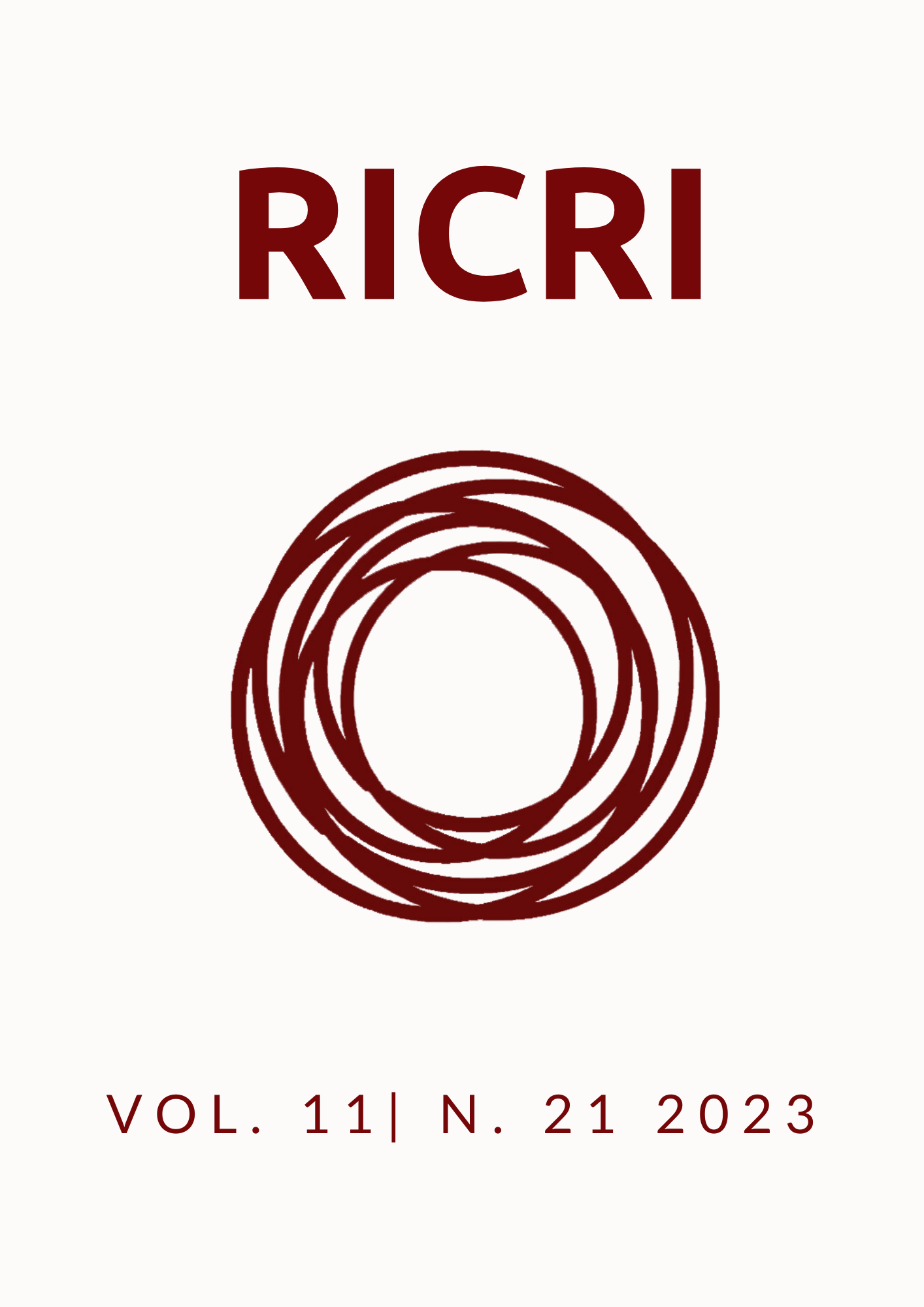INTERNATIONAL CRIMINAL COURT AND CHALLENGES IN REPRESSING WAR CRIMES
REFLECTIONS ON THE RUSSIA-UKRAINE WAR
DOI:
https://doi.org/10.22478/ufpb.2318-9452.2024v12n23.68290Abstract
This article analyzes the performance of the International Criminal Court (ICC) in war crimes, with a focus on the Russia-Ukraine war, and seeks to understand if the court is achieving the expected results. Despite the establishment of the ICC with the objective of holding accountable individuals involved in violations of International Humanitarian Law, it is evident that the violations persist, and only a small number of individuals have been convicted by the court. The article emphasizes the importance of this study at both the international level and individual convictions, directing attention to the human rights situation in Ukraine and raising awareness among nations about the irregularity of the situation and the consequences of the conflict. Furthermore, the case of the Russia-Ukraine war is used as an example to analyze behaviors adopted in similar conflicts and explore preventive alternatives. The article addresses the conceptualization of war crimes, the process of establishing the ICC, its competencies and peculiarities, and examines the application of the court's theory in practice, investigating possible causes and solutions for persistent violations. The methodology employed includes bibliographic review, descriptive analysis, and qualitative research.
Downloads
Published
How to Cite
Issue
Section
License
Copyright (c) 2024 Journal of Scientific Initiation on International Relations

This work is licensed under a Creative Commons Attribution-NonCommercial 4.0 International License.
Authors who publish with this journal agree to the following terms:
a. Authors retain copyright and grant the journal right of first publication with the work simultaneously licensed under a Creative Commons Attribution License that allows for sharing of work with acknowledgment of its initial publication in this journal.
b. Authors are able to take on additional contracts separately for non-exclusive distribution of the version of the work published in this journal (e.g., post it to an institutional repository or as a book), with an acknowledgment of its initial publication in this journal.
c. Authors are permitted and encouraged to post their work online ( eg, in institutional repositories or on their website) at any point before or during the submission process, as it can lead to productive exchanges , as well as increase the impact and citation of published work ( See the Effect of Open Access).




